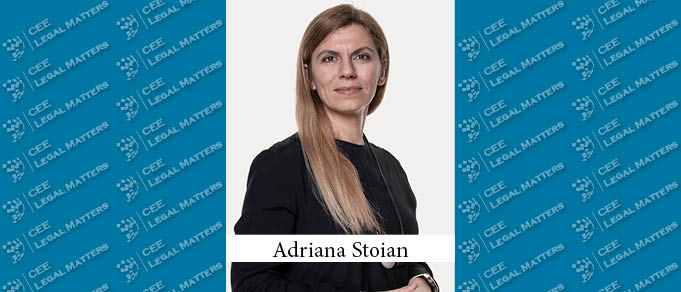Romanian taxpayers had an exciting start to the year with the Government introducing changes to the country's main tax laws – the Fiscal Code and the Tax Procedural Code. These amendments, which follow others announced at the end of last year, were introduced in accelerated fashion, having been debated for only a few days prior to adoption.
The main changes brought by Government Ordinance No. 11/2022 relate to:
E-commerce
Taxpayers providing the necessary means to facilitate online trading transactions (e.g. online marketplace, platform or portal) are required to periodically provide information regarding the transactions carried out through them.
Nowadays e-commerce can generate important revenues for the state budget. However, it remains a high-risk area due to non-declaration or partial declaration of the revenues obtained and due to its particularities (e.g. lack of physical location, difficulties in establishing the identity of those who carry out transactions, webpages remotely controlled). Such revenues are even more difficult to track in Romania, where most e-commerce transactions are paid in cash at delivery.
Tax returns for inactive taxpayers
Inactive taxpayers duly registered in the Trade Registry and taxpayers whose activities have been suspended but are duly registered in the Taxpayer Registry are no longer required to submit tax returns during these periods. The obligation to submit tax returns resumes once the activity recommences or three years after the date the inactivity or suspension of activity was registered in the corresponding register.
This measure aims to reduce the administrative burden on taxpayers who currently maintain their reporting obligations or can obtain a derogatory treatment from declaration only upon a specific request.
Taxpayers in insolvency
Taxpayers in insolvency may request the rescheduling of their tax liabilities up to five years, upon condition that they finalise the insolvency procedure by the date the rescheduling approval is issued and meet the other conditions provided in the Tax Procedural Code.
The purpose of this measure is to support the recovery of insolvent companies who are able to pay their debts to creditors other than the National Agency for Fiscal Administration ("NAFA") or of those for whom the only debts due are to the NAFA. Once the insolvency is finalised, the NAFA recovers its unpaid tax obligations by rescheduling them for a period of up to five years.
Anticipated individual fiscal solutions
Responsibility for activities related to anticipated individual fiscal solutions is transferred from the NAFA to the Ministry of Finance, while the term for issuing such solutions will increase from three to six months. The issuing of advance price agreements remains the responsibility of the NAFA.
Consolidated tax return for fiscal groups
Starting in 2023, the representative of a fiscal group must submit the consolidated annual corporate tax return by 25 June or the 25th day of the sixth month from closing of the modified fiscal year, if at least one of the group members falls under the legislation granting tax bonifications to stimulate/increase own capital.
The purpose of the change is to correlate the due term for submitting the annual corporate tax return as provided by the aforementioned legislation.
Corporate income tax on transactions following which Romania loses the right to tax
The computation, declaration and payment of corporate income tax due in connection with transfers of assets, transfers of tax residence and/or of economic activity carried out through a permanent establishment for which Romania loses the right to tax is made quarterly, by the 25th day of the month following the quarter to which the tax relates, without declaring it in the annual corporate tax return.
This measure is necessary, as such transactions have specific rules for determining the corporate tax due, meaning specific rules for its declaration and payment were needed.
Tax exemption for HoReCa
Taxpayers in the hospitality industry (HoReCa) which are liable to specific tax continue to be exempted from paying this tax in the fiscal year 2022, for a period of 180 days. At the same time, the mechanism for recalculating the tax is included, namely the 180 days are deducted from the total 365 days of the fiscal year.
By Adriana Stoian, Head of Tax, Romania, Schoenherr


